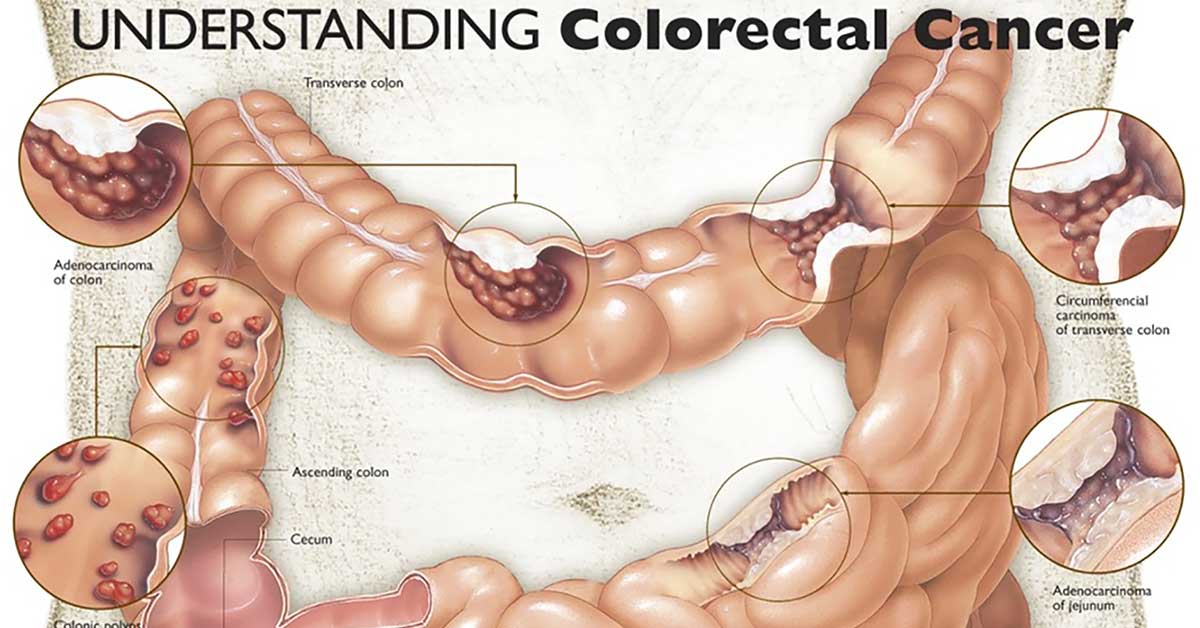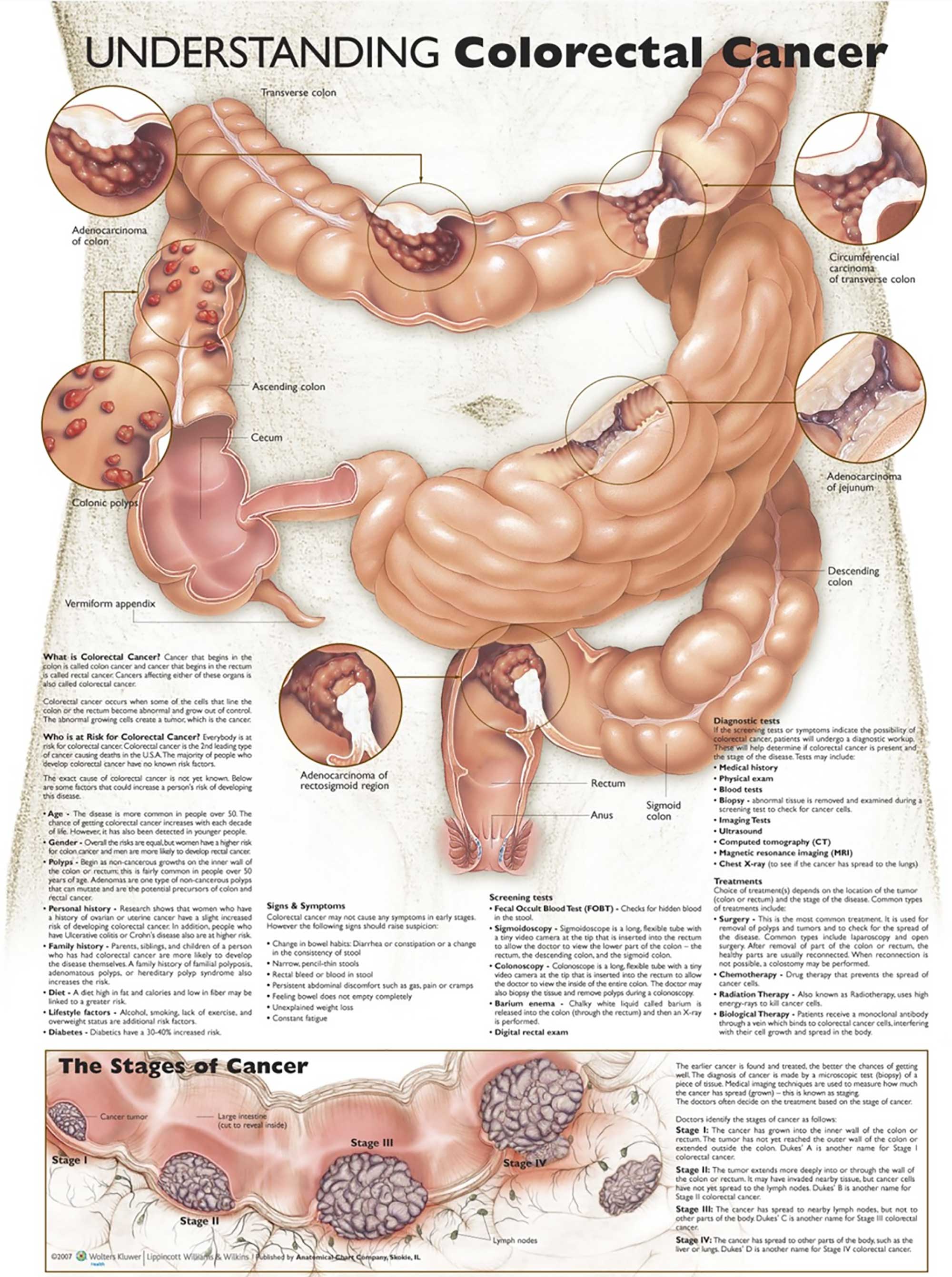Antibiotic use has dramatically increased in the last 20 years, with one study estimating a 65% increase in worldwide consumption of antibiotics between 2000 and 2015.1✅ JOURNAL REFERENCE
DOI: 10.1073/pnas.1717295115 Early-onset colon cancer increased by about 3% annually over the same period of time.
Researchers think that overuse of antibiotics may be a contributing factor to the increase in colorectal cancer incidence that affects both the rectum and colon. The researchers examined health records of almost 8,000 individuals with colorectal cancer taken from a large primary care database of as many as 2 million people.2✅ JOURNAL REFERENCE
DOI: 10.1016/j.annonc.2021.05.049
The results determined that the use of antibiotics was associated with an increased colon cancer risk across all age groups. The chance was however almost 50% higher in individuals younger than 50, in comparison to 9% higher in people older than 50.
Obesity, alcohol, sugary drinks, and junk food could very well have played a part in that increase in cases of colorectal cancer, but the study data stresses the importance of avoiding unneeded antibiotics, particularly in children and young adults.
The use of antibiotics was associated with cancers in the right side first section of the colon in individuals younger than 50. Sulfonamides and quinolones in combination with trimethoprim, which are made use of for treating a variety of infections, were associated with these right-side colon cancers.
These study results are particularly relevant as they found that the use of oral antibiotics was linked to an increase in colon cancer in individuals younger than 50, a population that’s been experiencing increased colon cancer rates without any clear explanation.
Taking into consideration the widespread use of unneeded antibiotics, this would be an ideal target for cancer prevention if this association is confirmed in future prospective studies.




